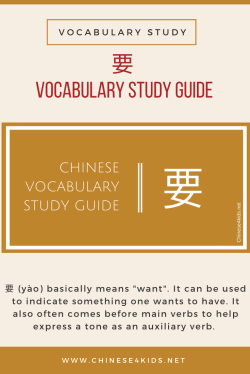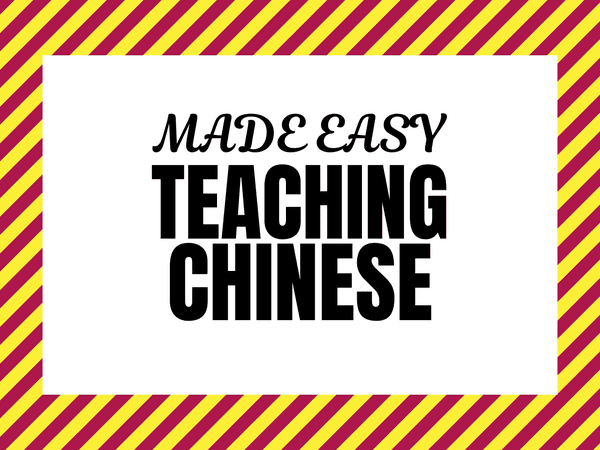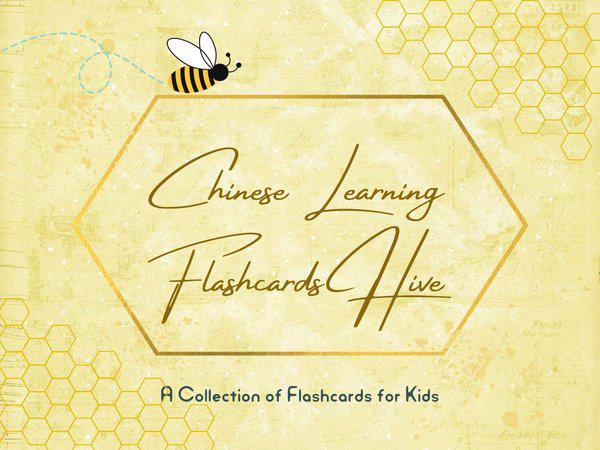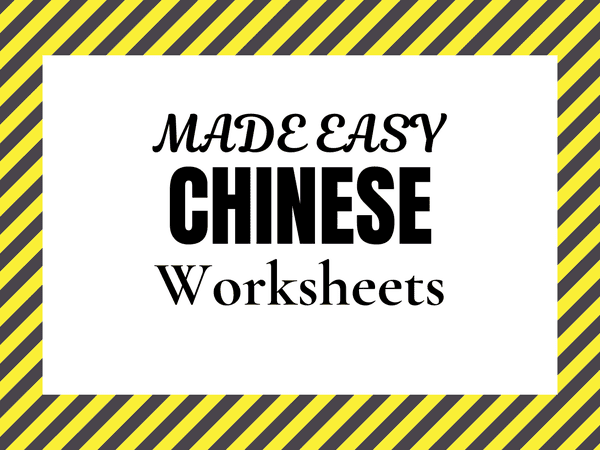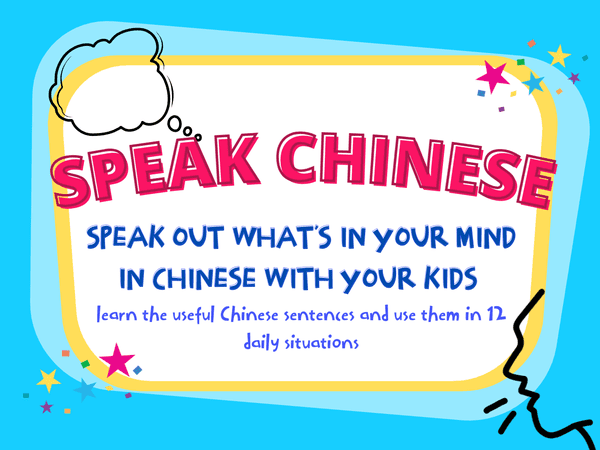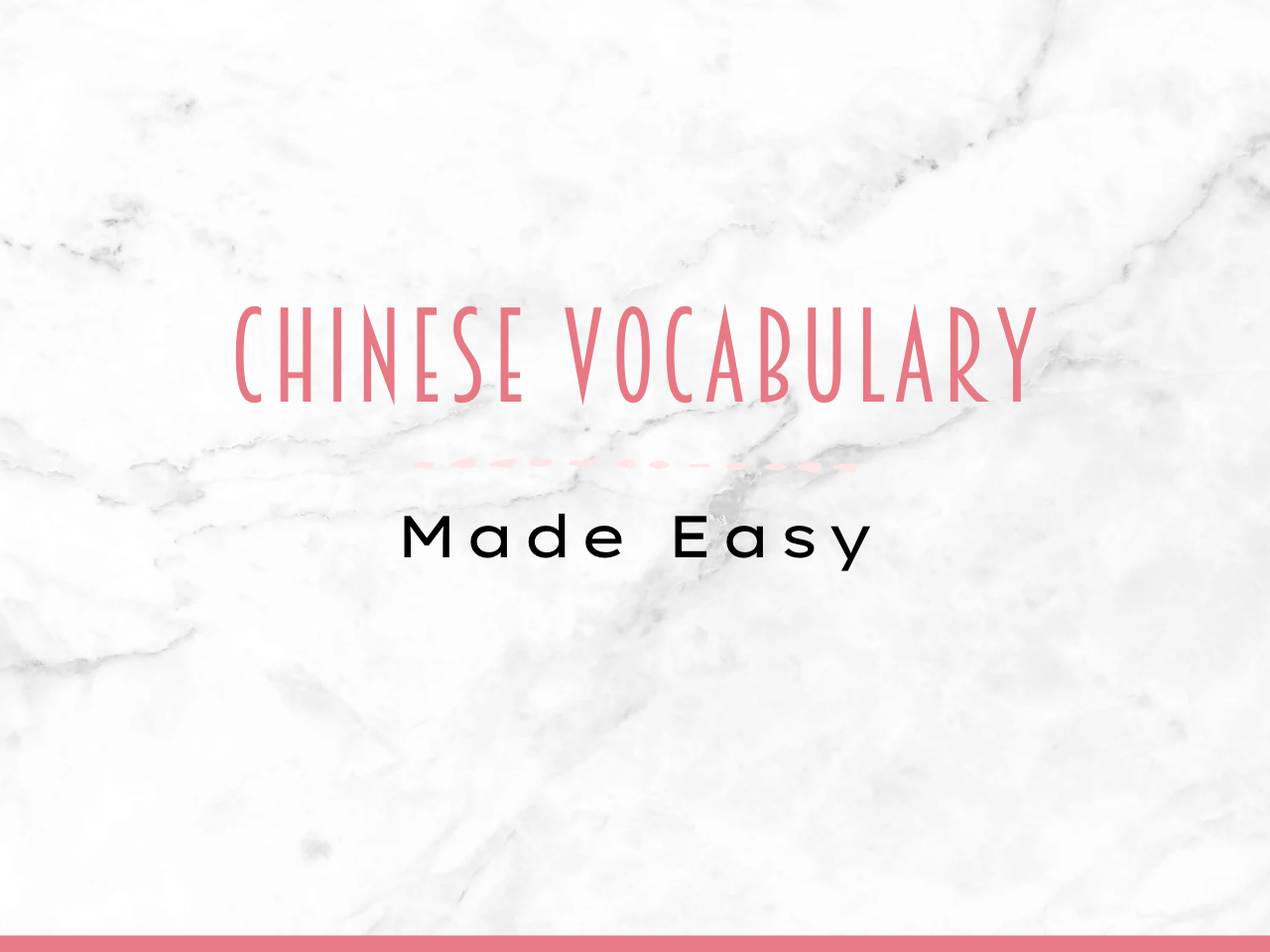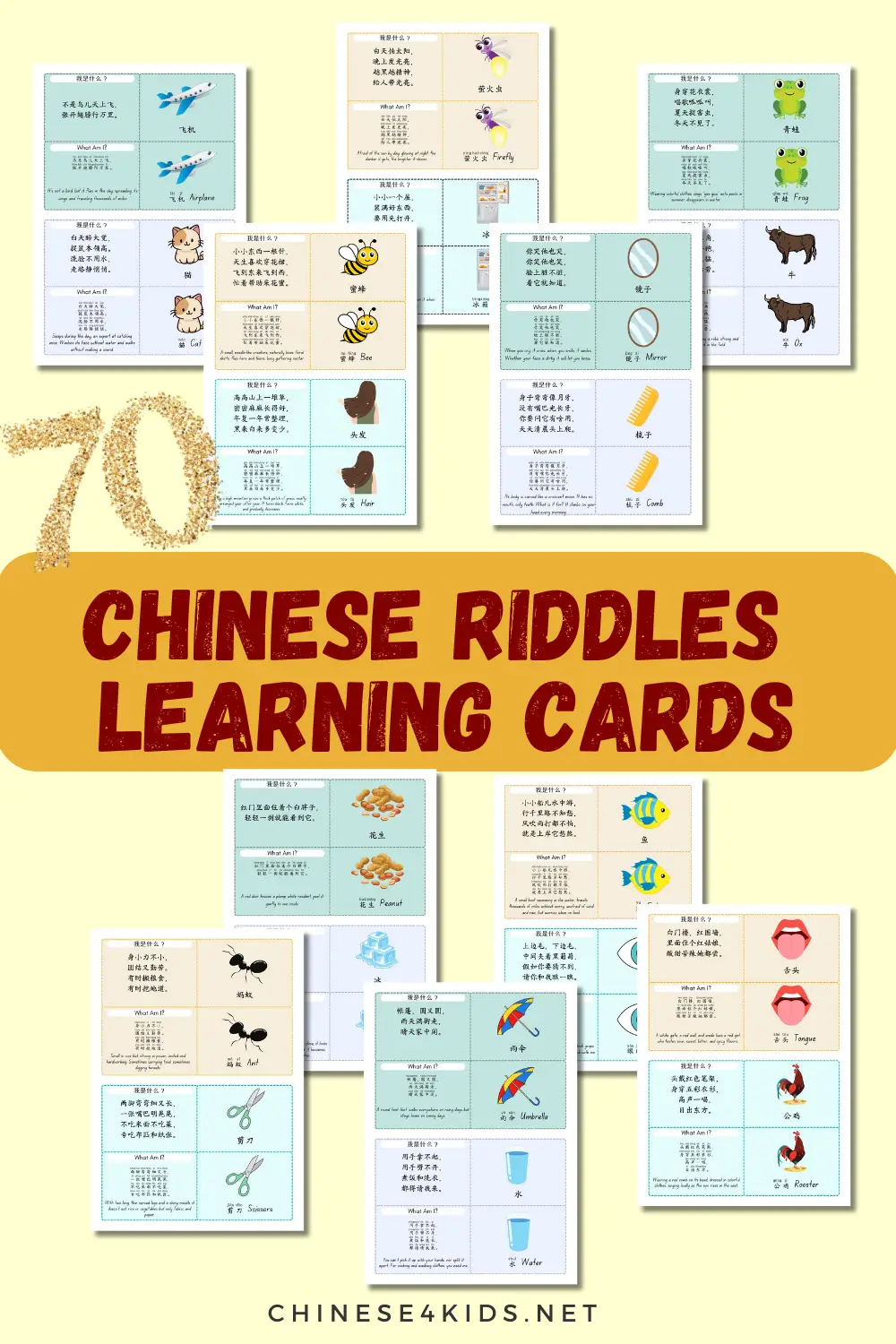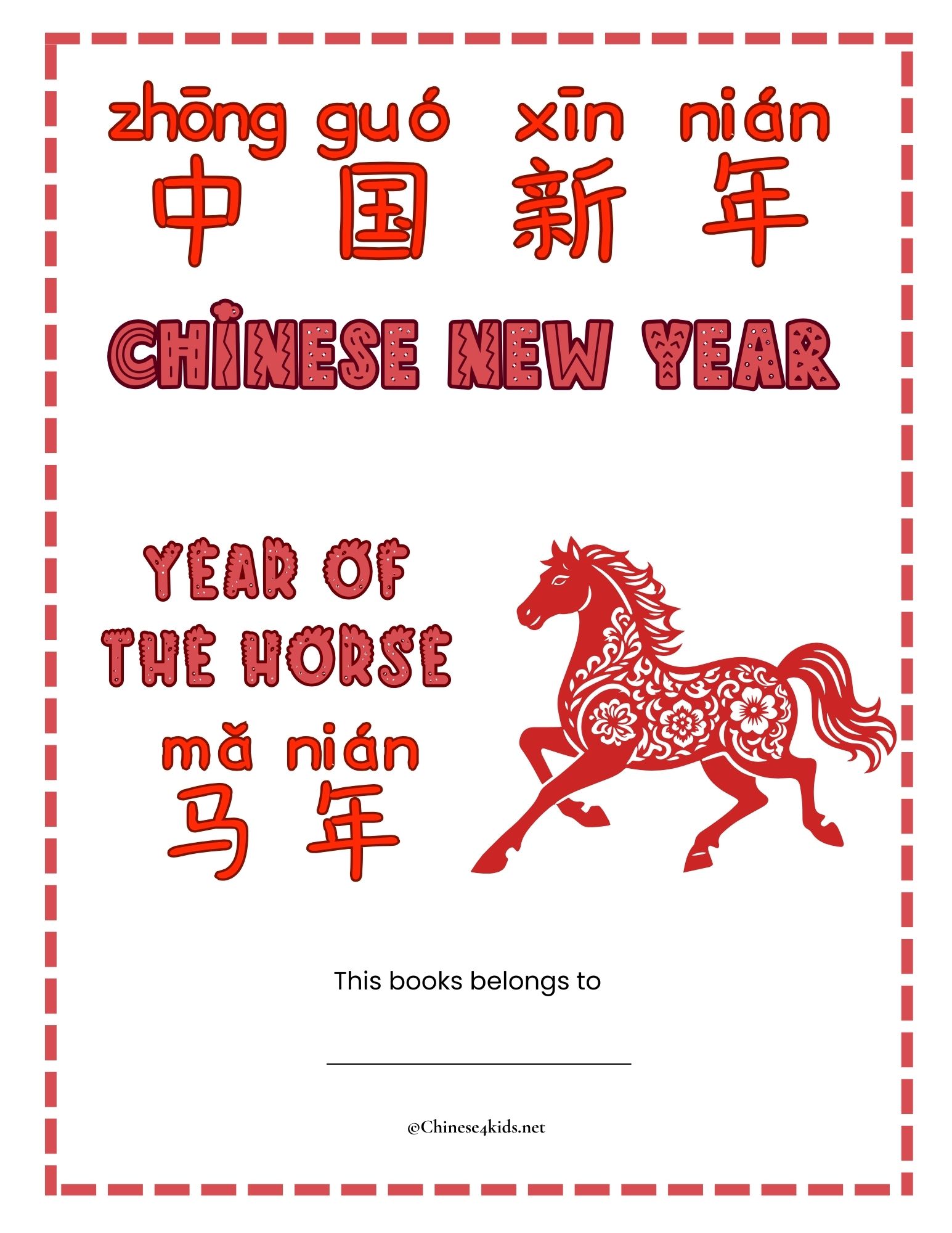
Home » Teach Chinese » Chinese Vocabulary Study Guide- Yao
Chinese Vocabulary Study Guide- Yao
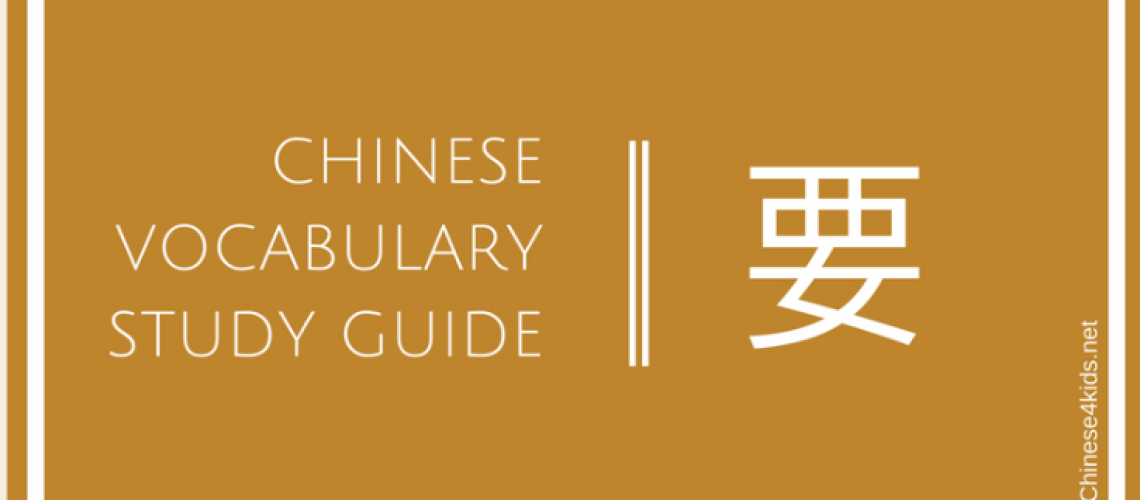
In this Chinese vocabulary study guide, we are about to talk about 要 (yào), which basically means “want”. As an auxiliary verb, it often comes before main verbs to help express a tone . 要 has several meanings which sometimes can only be determined by the context in which it is used.
Expressing “Want” with 要
When used to express “want something”, 要 is often used when ordering food or buying something.
The sentence structure is
Subj. + 要 + Noun
For Example,
你要什么?
Nǐ yào shénme?
What do you want?我要一杯茶。
Wǒ yào yībēi chá.
I want a cup of tea.他们要三个苹果和两个桔子。
Tāmen yào sān gè píngguǒ hé liǎng gè júzi.
They want 3 apples and 2 mandarins.
Expressing “Want to do something” with 要
要 needs to be put in front of the other verb when used to express “want to do something”.
Sentence structure is
Subj. + 要 + verb
For example,
我要学中文。
Wǒ yào xué zhōngwén.
I want to learn Chinese.她累了,要休息。
Tā lèile, yào xiūxí.
She is tired, she wants to rest.他要回国看爸爸妈妈。
Tā yào huíguó kàn bàba māmā.
He wants to go back to home country to visit his parents.
Expressing “Be Going to Do Something” with 要
Behind this usage of 要 is that somebody is planning to or going to do something. The action will happen as it is in the plan. For this reason, a time word is often included.
Sentence structure is
Subj. + time + 要 + verb
Time + Subj. + 要 + verb
For example,
他明年要去伦敦上大学。
Tā míngnián yào qù lúndūn shàng dàxué.
He is going to go to London to attend a university next year.我妹妹八月要去巴黎。
Wǒ mèimei bā yuè yào qù bālí.
My younger sister is going to Paris in August.这个周末你要做什么?
Zhège zhōumò nǐ yào zuò shénme?
What are you going to do this weekend?放学后我们要去图书馆。
Fàngxué hòu wǒmen yào qù túshū guǎn.
After school we are going to the library.
Expressing “Need to do something” with 要
This usage of 要 extends the meaning of “want to do something” to “it is necessary to do something / need to do something.”
Sentence Structure
Subj. + 要 + verb
For example,
你要早点睡觉。
Nǐ yào zǎodiǎn shuìjiào.
You need to go to bed earlier.下午下雨,你要带伞。
Xiàwǔ xià yǔ, nǐ yào dài sǎn.
It rains in the afternoon. You need to take an umbrella.明天考试,晚上你要复习。
Míngtiān kǎoshì, wǎnshàng nǐ yào fùxí.
You have an exam tomorrow, you need to review tonight.
Negative Commands with 不要
不要means “don’t (do something)”. Please note, although the pinyin for 不要 is “bùyào”, it should be pronounced as “búyào”.
Sentence Structure is
不要 + verb
For example,
不要哭。
Bùyào kū.
Don’t cry.不要担心。
Bùyào dānxīn.
Don’t worry.不要抽烟。
Bùyào chōuyān.
Don’t smoke.不要很晚睡觉。
Bùyào hěn wǎn shuìjiào.
Don’t go to bed very late.
If you like this article, Pin It!
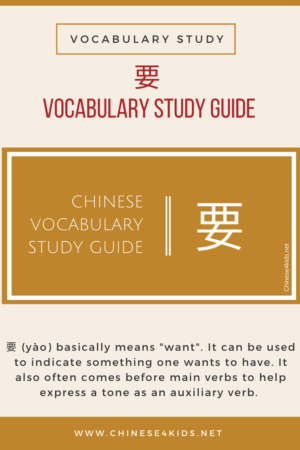
You may find the guide in
CHINESE VOCABULARY STUDY GUIDE BOOK I
You May Also Be Interested:
- Chinese4kids Membership – a portal for busy Chinese teachers and parents
- Chinese learning flashcards Hive – a flashcards library that with regular additions of new quality Chinese learning flashcards
- Chinese learning worksheets collection – Also a part of Chinese4kids membership, this collection is for teachers and parents who want to have access to engaging worksheets and activity sheets created for kids learning Mandarin Chinese as an additional language
- Speak Chinese with Kids Course
You May Also Be Interested:
- Chinese4kids Membership – a portal for busy Chinese teachers and parents
- Chinese learning flashcards Hive – a flashcards library that with regular additions of new quality Chinese learning flashcards
- Chinese learning worksheets collection – Also a part of Chinese4kids membership, this collection is for teachers and parents who want to have access to engaging worksheets and activity sheets created for kids learning Mandarin Chinese as an additional language
- Speak Chinese with Kids Course
- Chinese Vocabulary Made Easy Course
Recent Posts
Join Our Membership
Enroll to A Course
Buy An eBOOK
Our Posts
